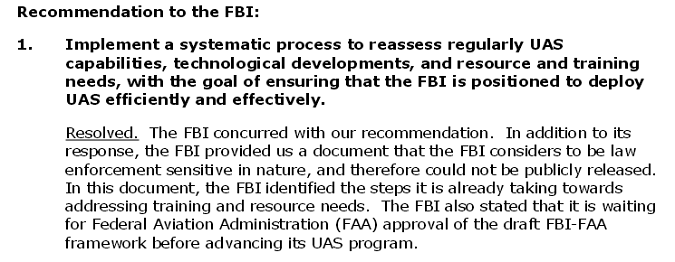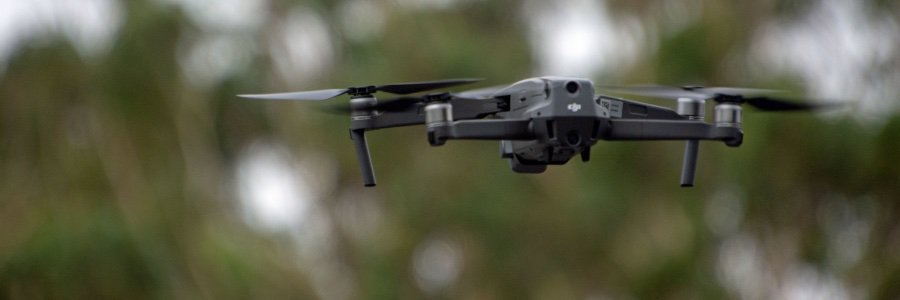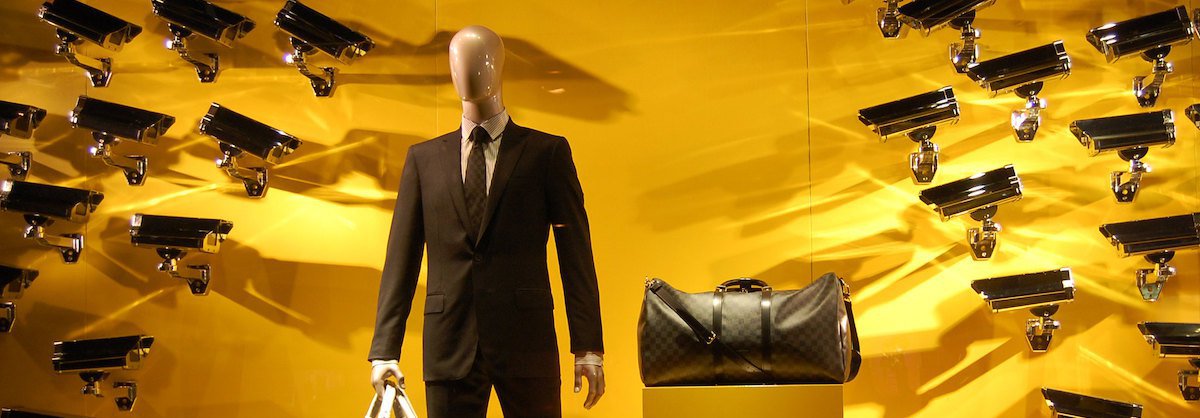A version of this article appeared on Motherboard
A report released this morning by the Justice Department’s inspector general highlighted “significant challenges” facing the FBI’s drone program. In particular, the report pointed to the skeleton crew of just two pilots authorized to fly FBI drones, both of whom are based out of the same office.
The audit indicates that the FBI has the only operational drone program among Justice Department agencies, which also include the Bureau of Alcohol, Tobacco, Firearms and Explosives (ATF), the Drug Enforcement Administration (DEA), and the United States Marshals Service (USMS).
The inspector general report reveals previously unknown details about the circumstances under which the FBI has deployed drones or called in unmanned surveillance backup from other agencies.
Between September 2006 and August 2014, the FBI flew drones in support of 13 investigations, the report indicates, including search and rescue operations, kidnapping investigations, fugitive manhunts, national security missions, and anti-drug trafficking interdictions. Nine of these investigations occurred after January 2010.

In a July 2013 letter to Senator Rand Paul, the FBI indicated that it had used drones a total of ten times since late 2006—eight criminal cases and two national security cases—and had authorized drone deployments in three additional cases, but did not actually fly them.
The only specific instance where the FBI publicly acknowledged using a drone was in February 2013, as part of a child kidnapping case in Alabama. By scouring hundreds of pages of documents released by the FBI, last fall we put together a rough timeline of other FBI drone missions and proposed missions.
The inspector general’s audit found that the FBI sought proper approval from the Federal Aviation Administration to fly drones for each deployment, and that each mission was exclusively to provide “targeted aerial surveillance in the context of specific ongoing investigations.” However, the bureau deemed search warrants unnecessary for any of these operations.

The audit suggests that the FBI is not using drones to their fullest potential. As of August 2014, the FBI has 17 operational drones in inventory, and has spent more than $3 million over the past decade on unmanned aerial equipment. But it has only two qualified pilots to fly them, and both work out of the same office.

The bureau previously had multiple trained pilots, but these agents transferred, retired or otherwise failed to keep up with ongoing training requirements. FBI policy requires pilots to maintain “flight currency” by performing three successful flights for a given drone model within the past 90 days.
“As a result of the FBI’s centralized approach to UAS,” the inspector general reports, “the single team of UAS pilots has needed to travel up to thousands of miles to support FBI investigations across the United States. UAS pilots told us that when deploying they either drove or flew on commercial aircraft, and that such travel could take up to a day or more before they arrived at the scene.”
Given these logistical restrictions, FBI officials told auditors that they maintain “a very limited operational reliance on still-maturing UAS technology,” and that drone missions are always conducted in tandem with manned aircraft.

The FBI has also received unmanned backup for its investigations from drones flown by Customs and Border Protection, a component of the Department of Homeland Security. The audit found that CBP drones had been called in for FBI surveillance at least thirteen times.
The inspector general criticized the FBI for failing to adequately document instances where CBP drones assisted in surveillance.
The FBI concurred with the report’s recommendations for expanding its training program for drone pilots, and reported that the bureau began training four additional drone pilots in November.
MuckRock will be filing several requests based off these findings, and you can read the full report embedded below:
Image via 20th Century Fox




